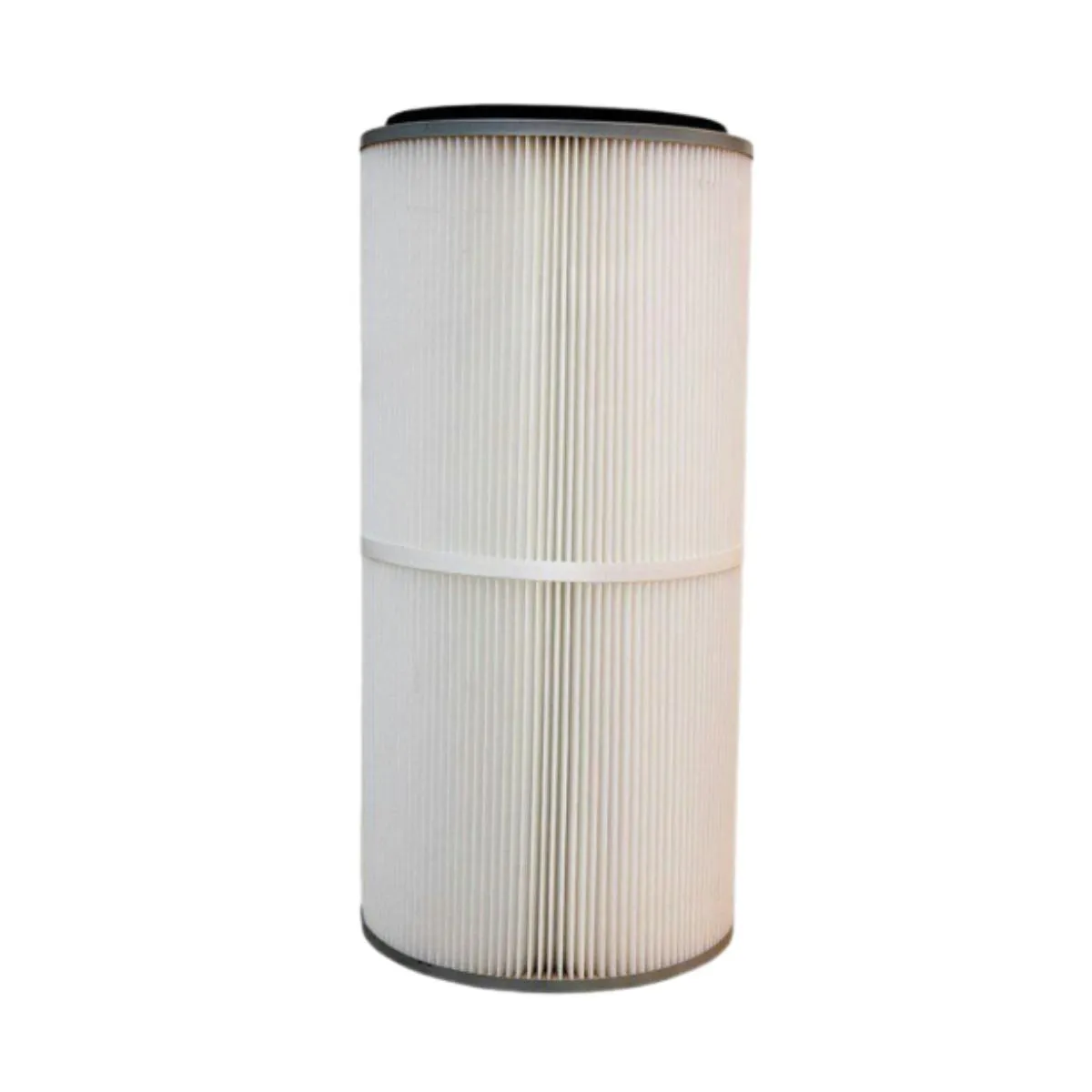 Tel:
+8615930870079
Tel:
+8615930870079
Aug . 11, 2024 12:48 Back to list
Choosing the Right Air Filter Cartridge for Your Vehicle's Optimal Performance and Longevity
Understanding Air Filter Cartridges Importance and Functionality
Air filter cartridges are essential components in various industries, particularly in automotive, HVAC (Heating, Ventilation, and Air Conditioning), and industrial applications. These cartridges play a crucial role in ensuring that the air entering engines or breathing environments is clean and free from harmful pollutants. This article will explore the significance, functionality, and maintenance of air filter cartridges.
Importance of Air Filter Cartridges
The primary purpose of an air filter cartridge is to trap dirt, dust, pollen, and other airborne contaminants that can negatively impact system performance and health. In automotive applications, a clean air filter cartridge allows for optimal engine operation. It ensures a proper air-fuel mixture for combustion, which can enhance fuel efficiency and reduce emissions. A clogged or dirty air filter can lead to increased fuel consumption, reduced engine power, and potential long-term damage.
In HVAC systems, air filter cartridges are vital for maintaining air quality within residential and commercial spaces. They prevent dust and allergens from circulating, contributing to a healthier indoor environment. Regular replacement of these filters can improve airflow, leading to better energy efficiency and reduced operating costs.
Functionality of Air Filter Cartridges
Air filter cartridges work on the principle of filtration, employing various materials designed to capture pollutants. Common filter media include pleated paper, synthetic fibers, and activated carbon, each offering distinct advantages based on the application.
In automotive air filters, the pleated design increases the surface area available for trapping contaminants while allowing sufficient airflow to the engine. This design maximizes efficiency and prolongs the life of the filter. Some high-performance vehicles use specialized air filters that optimize airflow for enhanced performance.
air filter cartridge

HVAC air filter cartridges, on the other hand, often incorporate activated carbon to adsorb odors and volatile organic compounds (VOCs). HEPA (High-Efficiency Particulate Air) filters are another common type, known for their ability to capture 99.97% of particles that are 0.3 microns in diameter. This level of filtration is crucial for environments where air quality is paramount, such as hospitals and laboratories.
Maintenance and Replacement
To ensure optimal performance, regular maintenance and timely replacement of air filter cartridges are essential. For automotive filters, manufacturers typically recommend replacement every 12,000 to 15,000 miles, though this can vary based on driving conditions. Vehicles operating in dusty or polluted environments may require more frequent changes.
For HVAC systems, the frequency of filter replacement can depend on various factors, such as the type of filter used, the level of contamination in the environment, and the usage patterns of the system. It is generally advisable to inspect and potentially replace filters every one to three months.
Neglecting to replace air filter cartridges can lead to several issues. In automotive engines, it can cause a decrease in horsepower and acceleration, while in HVAC systems, it can lead to increased energy consumption and reduced lifespan of the equipment.
Conclusion
In summary, air filter cartridges are critical components that contribute significantly to the performance and efficiency of various systems. By ensuring that particles and pollutants are adequately filtered out, these cartridges help maintain engine functionality, improve air quality, and promote healthier living and working environments. Regular maintenance and timely replacement of air filter cartridges can lead to considerable benefits, including enhanced performance, reduced operational costs, and prolonged equipment lifespan. Understanding their importance and functionality is key to maximizing their effectiveness and ensuring the longevity of the systems they support.
-
Types and Applications of Air Filtration CartridgesNewsJul.28,2025
-
The Role of Gas Turbine FiltersNewsJul.28,2025
-
Mastering Air Filter Cartridge UseNewsJul.28,2025
-
Advanced Turbine Filters for Modern Gas TurbinesNewsJul.28,2025
-
Cellulose Air Filter Cartridge Advantages in Dust FiltrationNewsJul.28,2025
-
Cellulose Filters for Air Particle ReductionNewsJul.28,2025

 Email:
Email:





